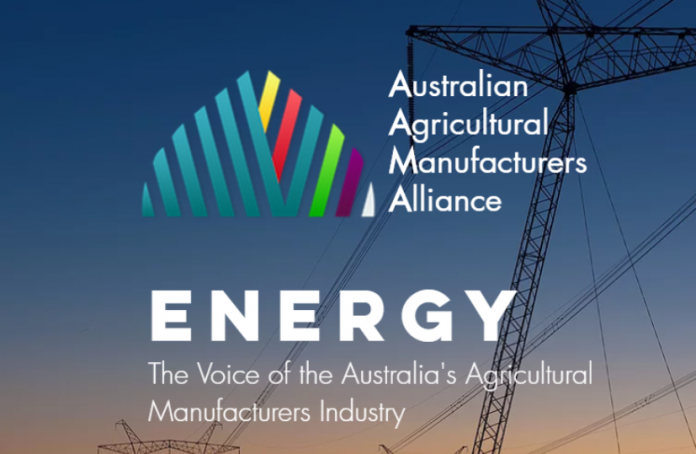
The Australian Agricultural Manufacturers Alliance (AAMA) has indentified accessibility, reliability and affordability of energy as the most pressing concerns for agricultural manufacturers as the clock winds down to the Federal Election.
AAMA was established last year to allow peak bodies across the red meat and pork, rendering, sugar, poultry, dairy products, stock feed, cotton ginning and oilseeds sectors to work together on issues identified as key priority for all members.
Patrick Hutchinson, CEO of the Australian Meat Industry Council (AMIC) and member of AAMA, said both sides of politics have failed to provide adequate support for agricultural processing and manufacturing businesses in the country over the years.“The performance of our national politicians on energy over the past 12 years has been abysmal. None of the major parties is blameless,” Mr Hutchinson stated.
“High energy prices, monopolistic practices and supply unreliability discourage businesses investing more in their operations. Reduction in cash flow, capital expenditure, staff hours and ultimately jobs are the by-products of the rise in energy costs.”
Nick Goddard, from the Australian Oilseeds Federation, said the Australian oilseeds industry depends heavily on stable, affordable and predictable energy costs to remain relevant in the domestic and global market.
“Australia has world class oilseed processing facilities, yet the industry is subjected to competing locally and globally with vegetable oils from near neighbours where energy costs provide them with a competitive advantage,” Mr Goddard noted.
He said energy costs surety would also drive confidence in future investment in processing capability and efficiencies.
“Confidence in future investment is vital to support and planning for regional areas.”
“The ability to competitively process on-shore is vital for Australia to fully realise its potential internationally as a source of healthy, ‘clean and green’ vegetable oil,” Mr Goddard concluded.
Dr Peter Stahle from the Australian Dairy Industry Council agrees that energy policy is ‘a serious concern’ to members.
“The current cost of energy (electricity and gas) for dairy processors is approximately $170 million per annum. In 2017-18 Dairy Australia estimated this cost to have risen between 50-70 per cent, an additional $100 million,” he pointed out.
“The dairy industry has limited capacity to respond to rising energy costs. Milk flow is constant, it cannot be turned off and on at the flick of a switch. Some companies with multiple processing sites may have the ability to divert milk to alternative sites to help alleviate localised demand on a network, or they can shift demand to different times of the day to leverage off-peak rates or install their own energy generation system to become more self-sufficient.
“[But] achieving any substantial reduction in energy cost for the dairy industry requires the energy sector to lower its prices.”
AMIC’s Patrick Hutchinson noted that agricultural manufacturers directly support 100,000 jobs across rural and regional Australia, as well as a further 200,000 indirect jobs across the supply chain.
“Our members are working with different raw materials, but a lot of our challenges are the same, and energy is absolutely at the head of the list. We urge all sides of politics to support consistent and stable energy policies,” Mr Hutchinson said.













